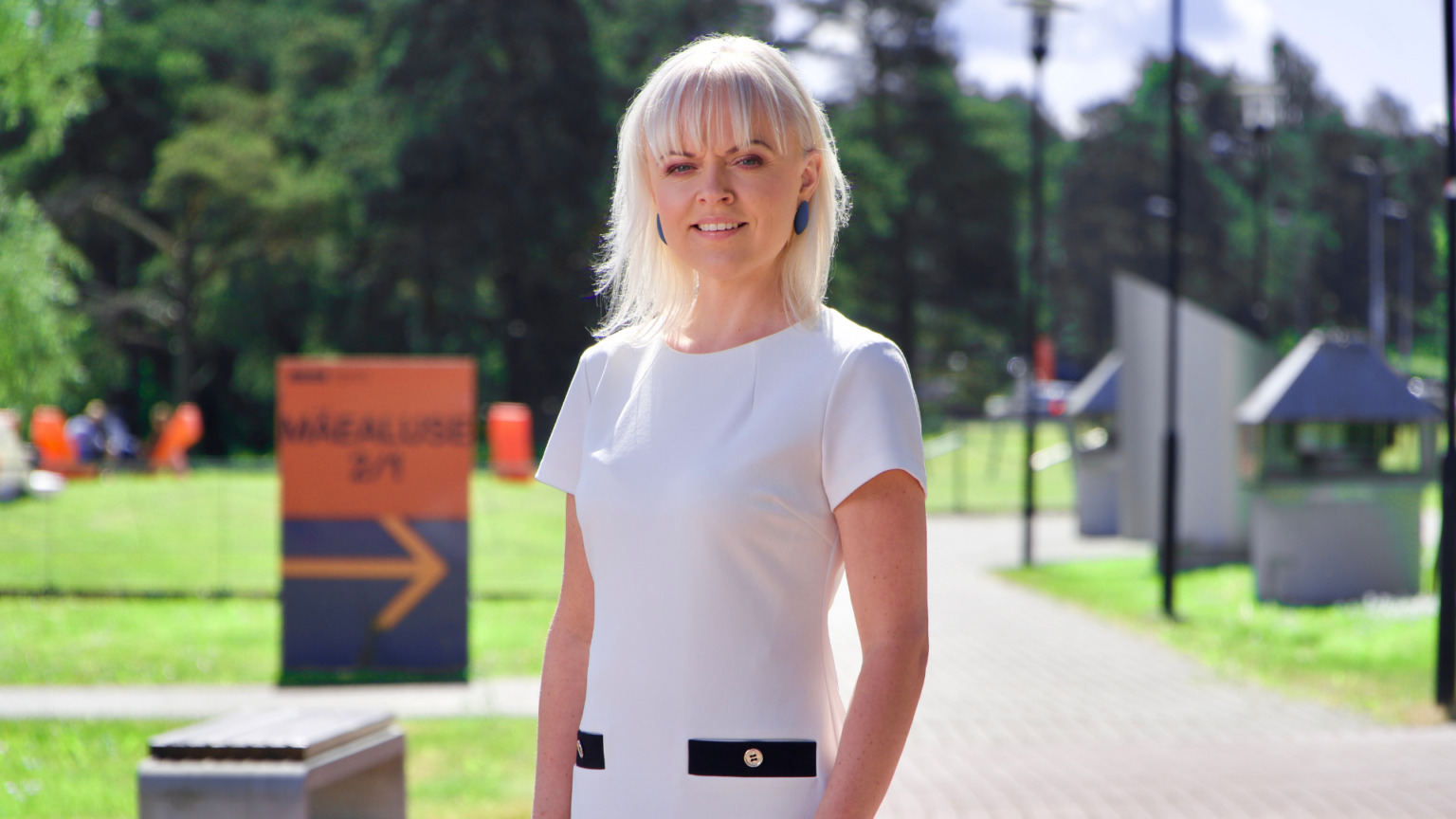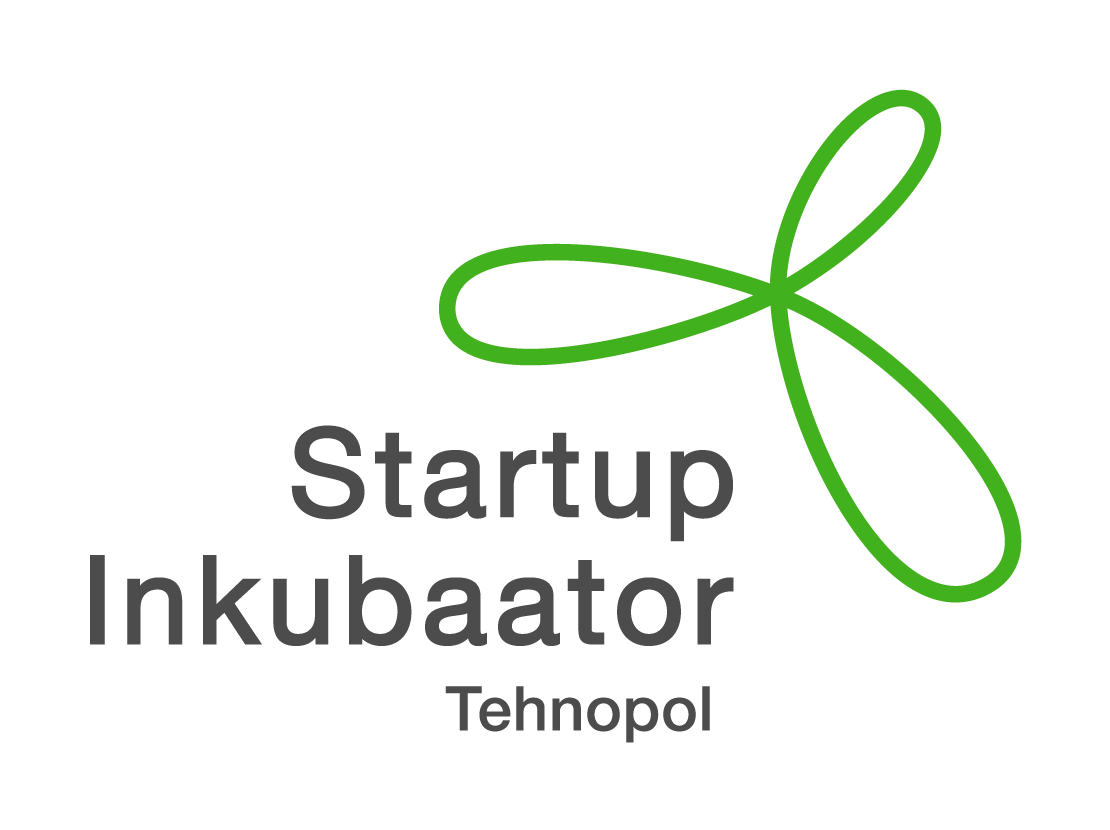Kadri Tammai: Knowledge-intensive business – a playground for the educational elite?

People fundamentally do not like to feel stupid. Nobody. Basically never. It really is that simple. This is however often misunderstood in various areas.
Adverts are made in a high artistic style that leave their target audiences cold. Start-ups present their business ideas in such complicated ways that they end up tying their own tongues in knots. Artificial intelligence, machine learning and blockchain technology all appear in the same sentence, and mostly without any logical link between them. This says nothing to the listener and does not inspire them to buy.
The same elephant sits in the room when we talk about knowledge-intensive Estonian business, or the deep tech sector. These discussions mostly recognise how the sector needs more support and structure. We understand that something has already been done, but much remains yet to do. One thing that remains to do is to make the deep tech sector into a natural part of the general business environment. For this to happen though, it is really necessary above all else that more people actually understand it. Not in the sense of “oh how interesting, really very exciting”, but really understanding what one or other technology or new material or device can do to make life better for our society and people, or to solve some global problems.
“It is important that we talk about deep tech in a way that those outside can understand”, says Arnaud de la Tour, CEO of Hello Tomorrow and spokesman for a knowledge-intensive ecosystem, and he is right about that. Speaking simply about complicated topics is an art form that can only be mastered by those who really understand their subject. When a scientist can speak about a technology they have developed in a way that can be understood by people who do not have deep knowledge of the subject, good things can happen.
Then the research team can build a successful business by bringing in people with the business skills they need, convincing investors, and reaching a large number of clients. But if they show no real interest in all of this, then no result can be achieved.
Universities and science parks are already working hard to turn research work into new businesses so that top Estonian scientific research can be not just a series of journal articles, but radical innovation that reaches all of us. They support research teams by bringing in business skills to build a bridge between science and business and to find a common language that would excite business leaders and make them want to turn that team into a burgeoning business.
A lot has been said about how Estonian investors are focused too much on investing in software. This is not surprising as they know and understand this area well, and many of them have themselves worked in it. Early-stage start-up businesses is one of the riskiest of asset classes for investment. If on top of this the investors are investing in a completely unknown area for them with a very long payback period, they have more chance of winning big if they bet on the horses.
Investors are smart, curious and ready to learn about new subjects. There is certainly no lack of interest or some inability to understand complex topics, but there is still a limit somewhere. It is the job of investors to make successful investment decisions and it is evidently easier for them when choosing between a wide range of interesting projects to invest in areas that they already know and understand. It is the job of the research team to do its work in a way that is understandable and exciting and impossible to refuse. If they overcomplicate their explanations of their work to investors, it is easy to conclude that they will find it very difficult to reach the clients that they need. If the eyes of clients are not shining with excitement, then investors are unlikely to be interested. And so we come back to where we started, with no investors, no money and no new clients.
It is not always simple to speak simply about things, but it is vitally necessary. It is often suggested in the world of start-ups that you should speak so simply that even your grandmother would understand. Actually this is not the point. You must speak about complicated things simply enough that first of all your team can understand, and then so that you can successfully reach investors and clients. It seems easy, doesn’t it? In fact it often isn’t, but whoever said that challenges were supposed to be easy?
Kadri Tammai is the Manager of Tehnopol Startup Incubator


